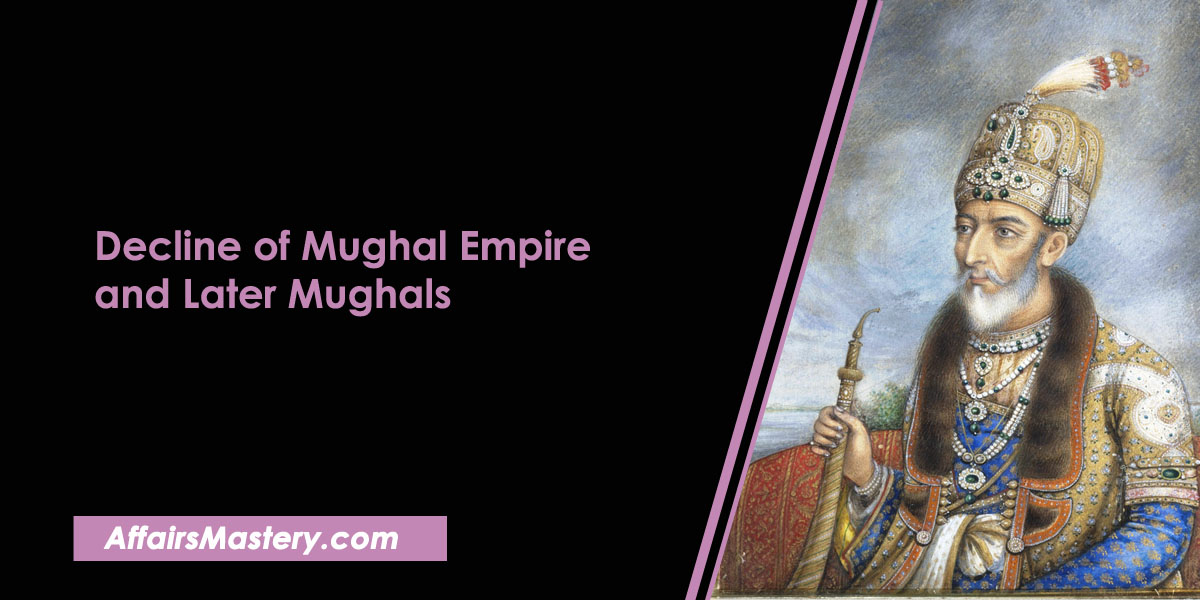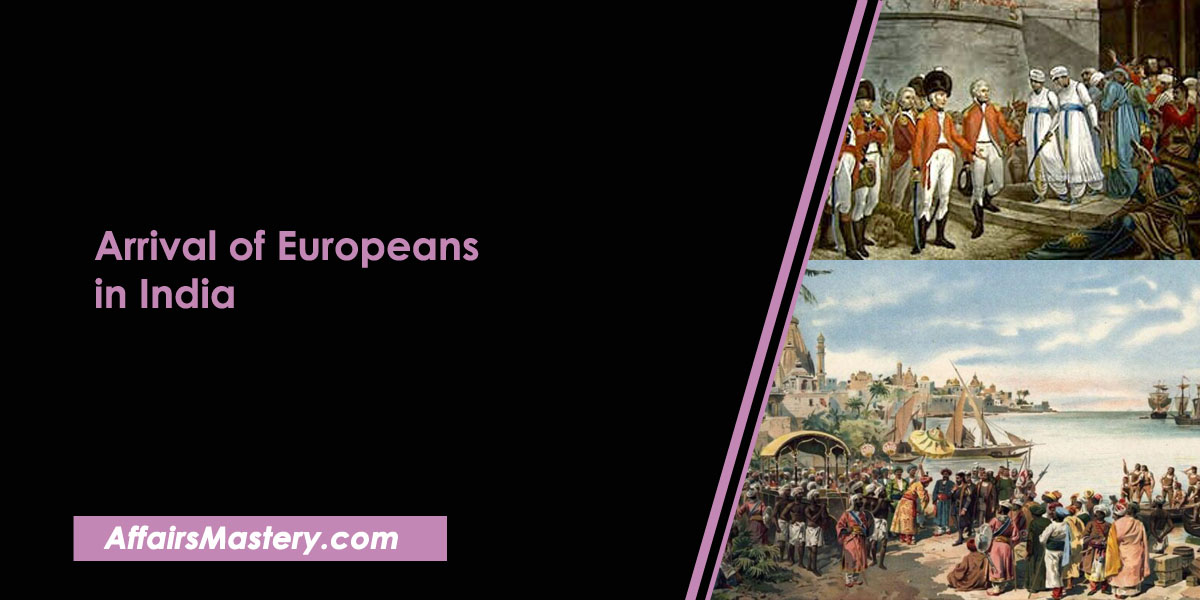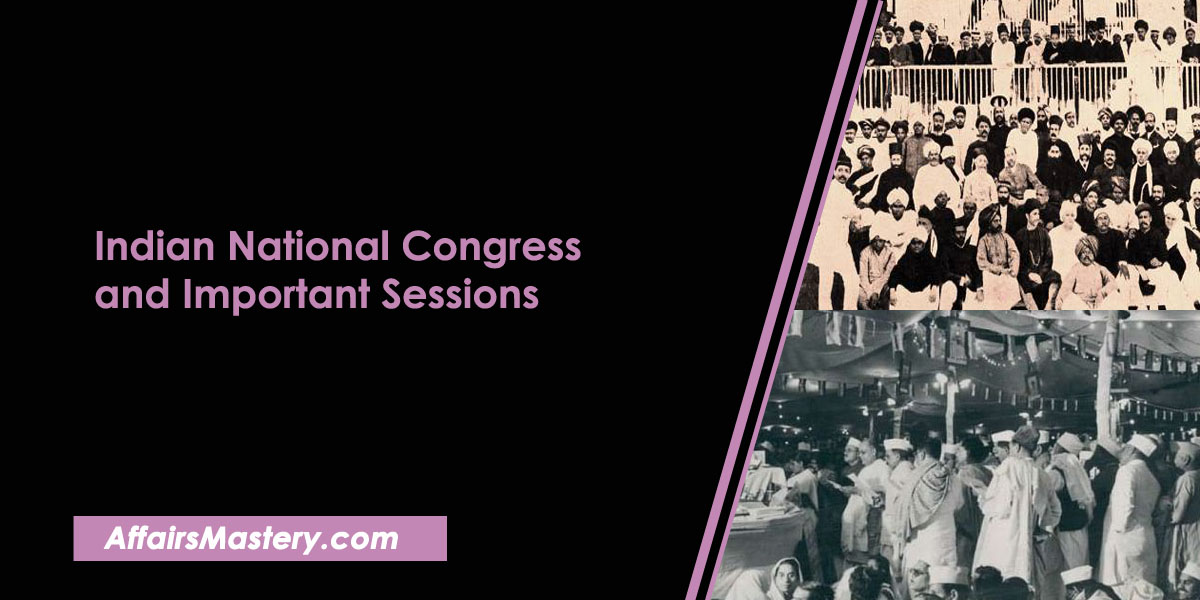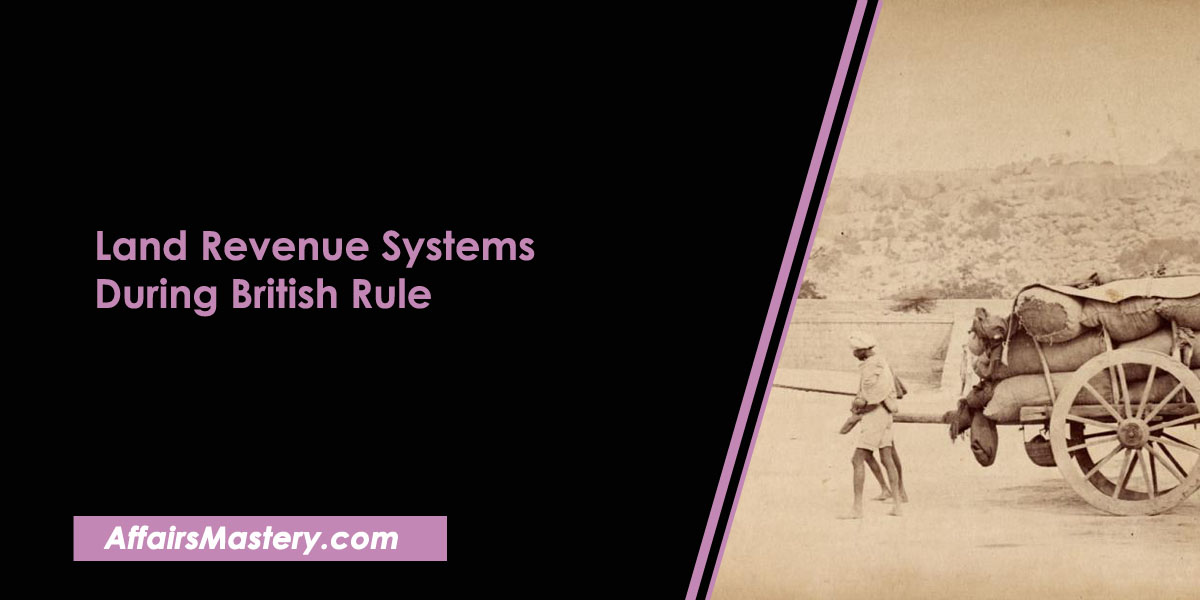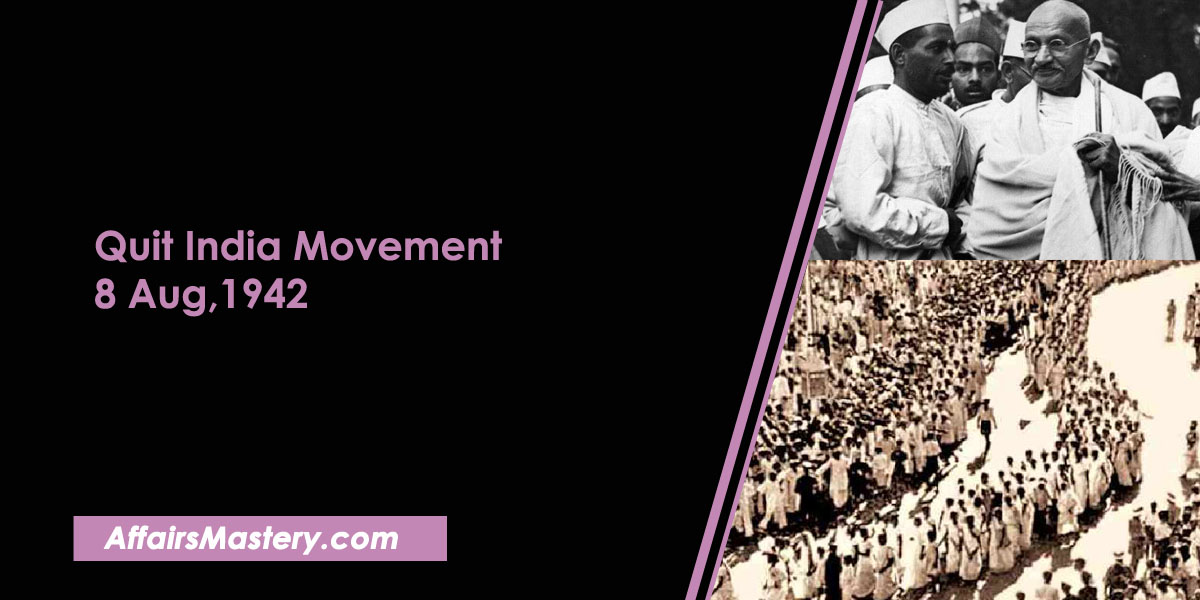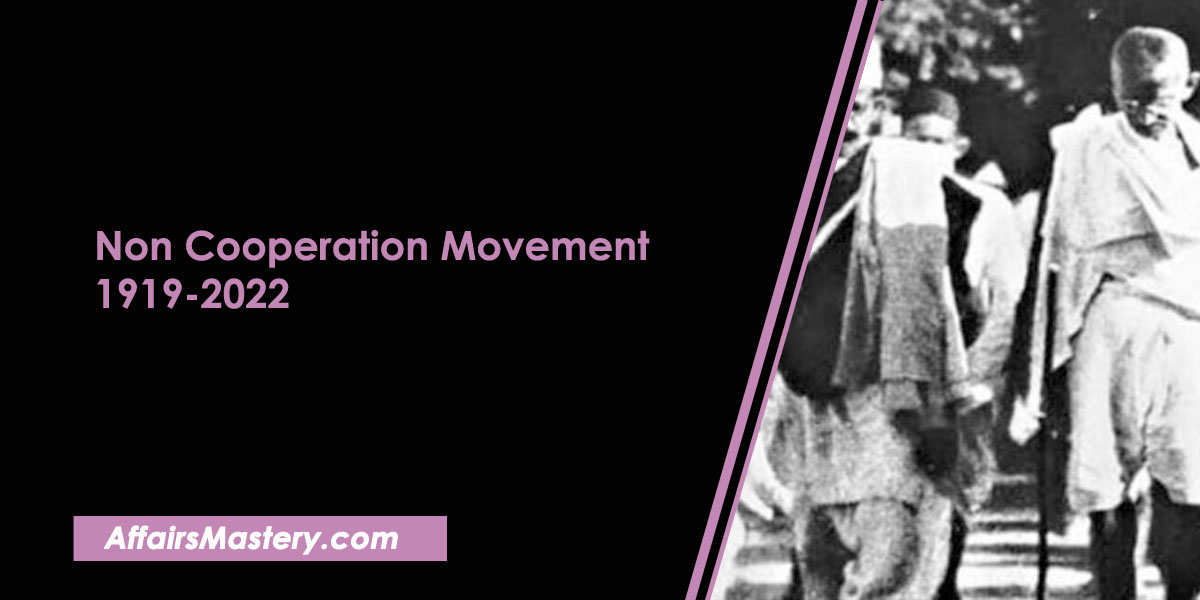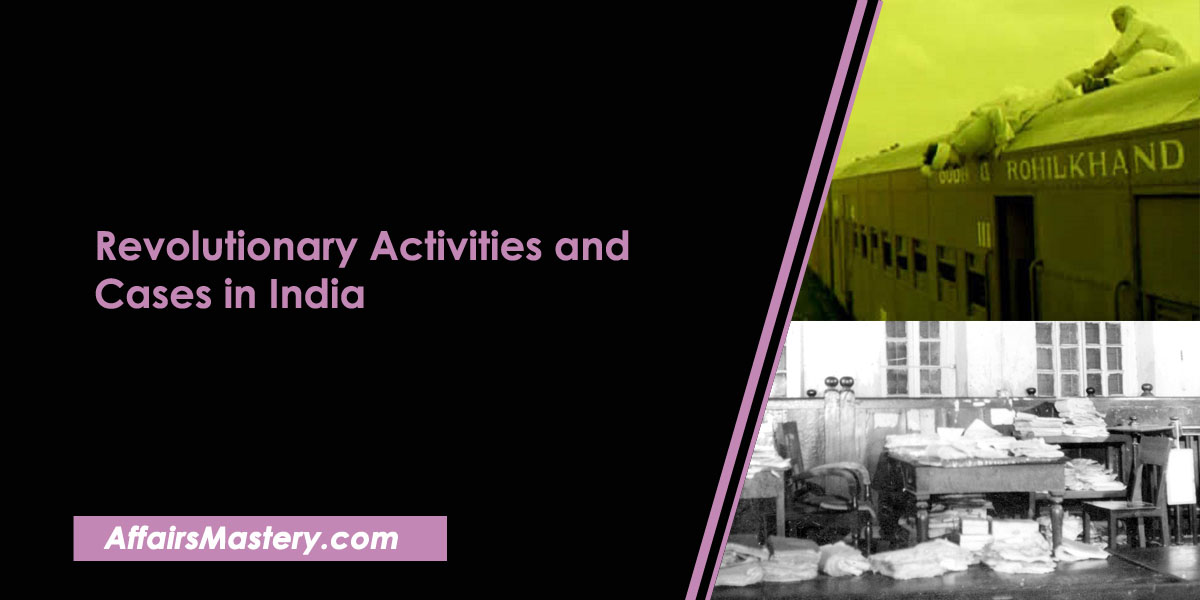List of Governor General and Viceroy of India
List of Governor General of India and viceroy of India. The list is from the first Governor of Bengal to the last Governor-General of Independent India. It also includes all other Governors General and Viceroys in between them who served as rulers over British India. First governor general of India. Last Governor general of India.
India has experienced a variety of transitions in its leadership, from Governors of Bengal to Governor-General of Bengal and then on to the higher positions such as Governor-General of India and Viceroy. Every tenure of the person has its own importance in Indian history, as it contributes to our understanding and appreciation for how far we have come. This topic is incredibly important for a variety of examinations, such as Civil Services, state exams, SSC, railways and banking. Questions are often taken directly from this list in order to test the knowledge of those taking these tests.
Governors of Bengal
| Name | Tenure | Events during regime |
|---|---|---|
| Robert Clive | 1757-60, 1765-67 | Governor of Bengal during 1757-60 and again during 1765-67 Established Dual Government in Bengal from 1765-72 |
| John Zephaniah Holwell | 1760 | Temporary Governor of Bengal after clive Narrated the incident of ‘Black Hole’ |
| Vanisttart | 1760-65 | The Battle of Buxar(1764) |
| Harry Verelst | 1767-69 | Governor of Bengal during the dual administration |
| Cartier | 1769-72 | Bengal Famine(1770) |
| Warren Hastings | 1772-74 | Abolished Dual Government in 1772 |
Governor-Generals of Bengal
| Name | Tenure | Events during regime |
|---|---|---|
| Warren Hastings | 1774-85 | Became Governor-General through Regulating act, 1773 Wrote introduction to the first English translation of ‘Gita’ by Charles Wilkins Founded Asiatic Society of Bengal with William Jones in 1784 Started Diwani and Faujdari adalats at district level Redefined Hindu and Muslim laws |
| Sir John MacPherson | 1785-86 | He was a corrupt officer who had been charged of bribery from Nawab of Arcot Court of Directors reinstated him as found no evidence |
| Lord Cornwallis | 1786-93 | First person to codify laws in 1793 Created post of district judge Introduced permanent settlement in Bengal(1793) Known as Father of Civil Services in India |
| Sir John Shore | 1793-98 | Introduced the first Charter Act(1793) |
| Lord Wellesley | 1798-1805 | Started Subsidiary Alliance Madras Presidency was formed during his tenure |
| Sir George Barlow | 1805-07 | Vellore Mutiny(1806) |
| Lord Minto I | 1807-13 | Concluded Treaty of Amritsar(1809) Charter Act of 1813 was passed |
| Lord Hastings | 1813-23 | Adopted the policy of intervention and war |
| Lord Amherst | 1823-28 | First Burmese war Acquisition of territories in Malay Peninsula Capture of Bharatpur(1826) |
| Lord William Bentinck | 1828-33 | Known as Father of Modern Western Education in India Abolished Sati and other cruel rites Annexation of Mysore Passed Charter Act of 1833 Most liberal and enlighted |
Governor-Generals of India
| Name | Tenure | Events during regime |
|---|---|---|
| Lord William Bentinck | 1833-35 | Macaulay’s minutes on education were accepted declaring English should be the official language of India Appointments of Commissioners of revenue and circuit Abolished provincial courts of appeal and circuit set up by Cornwallis |
| Sir Charles Metcalfe | 1834-36 | Passed the press law which liberated the Indian press |
| Lord Auckland | 1836-42 | First Anglo-Afghan war- great blow to the prestige of British in India |
| Lord Ellenborough | 1842-44 | Brought an end to the Anglo-Afghan war Abolished Slavery(1843) Annexation of Sindh(1843) War with Gwalior(1843) |
| Lord Hardings I | 1844-48 | First Anglo-Sikh war and Treaty of Lahore(1846) Preference to English educated in employment |
| Lord Dalhousie | 1848-56 | Abolished Titles and Pensions Introduced Widow Remarriage Bill(1855) Raised Gurkha Regiments Introduction of system of Centralized control Opening of Anglo-Vernacular Schools and Govt. Colleges Wood’s Educational Despatch of 1854 Started first railway line(1853), electric telegraph, public works dept. Laid the basis of modern postal system Started work on Grand Trunk Road and developed harbours |
| Lord Canning | 1856-58 | Last Governor-General of India Passed Widow Remarriage Act(1856) Revolt of 1857 Passed the Act of 1858 which ended the rule of EIC Withdrew Doctrine of Lapse |
Governor-Generals and Viceroys
| Name | Tenure | Events during regime |
|---|---|---|
| Lord Canning | 1858-62 | First Viceroy of India Indian Council Act of 1861 passed Indian Penal code of Criminal Procedure was passed(1859) Indian High Court Act enacted(1861) Income tax was introduced(1858) Universities of Calcutta, Bombay and Madras founded(1857) Indigo riots in Bengal(1860) |
| Lord Elgin I | 1862-63 | Wahabi Movement(Pan-Islamic Movement) |
| Sir John Lawrence | 1864-69 | Telegraphic communication was opened with Europe High Courts were established at Calcutta, Bombay and Madras(1865) Expanded canal and railways work Bhutan war(1865) Created the Indian Forests Dept. |
| Lord Mayo | 1869-72 | Introduced financial decentralization in India Established Mayo College at Ajmer for princes Organised the Statistical Survey of India Established the Department of Agriculture and Commerce Only Viceroy who got murdered in Andaman(1872) Introduction of State railways |
| Lord Northbrook | 1872-76 | Kuka movement of Punjab took rebellious turn during his period. |
| Lord Lytton | 1876-80 | Infamous Governor-General Pursued free trade and abolished duties on 29 British manufacured goods Arranged the Grand Darbar in Delhi(1877) Passed the Royal Title Act(1876) and Queen Victoria declared as ‘Kaisar-i-hind’ Arms Act(1878) made mandatory for Indians Passed Vernacular Press Act(1878) Lowered the maximum age limit from 21 to 19 years for civil services |
| Lord Ripon | 1880-84 | Repeal of Vernacular Press Act(1882) First Factory Act(1881) Resolution of Local Self Govt.(1882) Resolution on Land Revenue Policy Appointed Hunter Commission(1882) |
| Lord Dufferin | 1884-88 | Third Burmese war Establishment of Indian National Congress(1885) |
| Lord Lansdowne | 1888-94 | Factory Act(1891) Indian Council Act(1892) Appointment of Durand Commission Categorization of Civil Services into Imperial, provincial and subordinate |
| Lord Elgin II | 1894-99 | Munda uprising(1899) Great famine(1896-97) Assassination of Rand and Amherst by Chapekar brothers(1897) Convention delimiting the frontier between India and China was ratified |
| Lord Curzon | 1899-1905 | Appointed a police commission under Andrew Frazer(1902) Indian University Act passed(1904) Set up of Department of Commerce and Industry Calcutta Corporation Act(1899) Passed the Indian Coinage and Paper Currency Act(1899) Partition of Bengal took place(1905) |
| Lord Minto II | 1905-10 | Swadeshi Movement(1905-08) Foundation of Muslim league(1906) Surat session and split in congress(1907) Newspapers Act(1908) Morley-Minto reforms(1909) |
| Lord Hardinge | 1910-16 | Annulment of partition of Bengal(1911) Transfer of capital from Calcutta to Delhi(1911) Delhi Darbar and Coronation of King George V and Queen Mary(1911) Establishment of Hindu Mahasabha by Madan Mohan Malviya(1915) |
| Lord Chelmsford | 1916-21 | Home Rule Movement(1916) Lucknow Pact(1916) Arrival of Gandhi(1915) in India Champaran Satyagraha(1917) Montague’s August Declaration(1917) Kheda Satagraha(1918) Govt. of India Act(1919) Repressive Rowlatt Act(1919) Jallianwala Bagh Massacre(1919) Appointment of Hunter commission to probe Massacre Khilafat Movement(1920-22) Non-Cooperation Movement(1920-22) |
| Lord Reading | 1921-26 | Repeal of Press Act(1910) and Rowlatt Act(1919) Violent Moplah rebellion(1921) Foundation of CPI(1921) Chauri Chaura incident(1922) Swaraj Party(1923) Kakori Train incident(1925) Foundation of RSS(1925) Muder of Swami Shardhanand(1926) |
| Lord Irwin | 1926-31 | Simon Commission(1927) Butler Commission(1927) Nehru Report(1928) 14 points of Jinnah(1929) Lahore session and Poorna Swaraj declaration(1929) Civil Disobedience Movement(1930) Dandi March(1930) First Round Table Conference(1930) Gandhi-Irwin Pact(1931) |
| Lord Willingdon | 1931-36 | Second Round Table Conference(1931) CDM(1932) MacDonald’s Communal Award(1932) Third Round Table Conference Foundation of Congress Socialist Party(1934) Govt. of India Act(1935) Burma separated from India(1935) All India Kisan Sabha(1936) |
| Lord Linlithgow | 1936-43 | General Election(1936-37) Delivernace Day by Muslim League(1939) Forward Bloc founded by S.C. Bose(1939) Lahore Resolution(1940) August offer(1940) Cripps Mission(1942) Quit India Movement(1942) |
| Lord Wavell | 1943-47 | C.R formula(1944) Wavell and Shimla Conference(1945) End of second world war(1945) INA Trials(1945) Naval Mutiny(1946) Cabinet Mission(1946) |
| Lord Mountbatten | Mar-Aug 1947 | Introduction of Indian Independence Bill in the house of Commons Appointment of 2 boundary commissions under Sir Cryil Radicliffe |
Governor-Generals of Independent India
| Name | Tenure | Events during regime |
|---|---|---|
| Lord Mountbatten | 1947-48 | The first Governor-General of free India Kashmir acceded to India(Oct 1947) Murder of Gandhi(Jan 1948) |
| C. Rajagopalachari | June 1948 – Jan 1950 | The last Governor-General of free India Only Indian Governor General |
If you find our content helpful and interesting, please consider joining us on Telegram @affairsmastery to show your support. We would really appreciate it!
Related articles
- Important Battles in Indian History
- Important treaties in Indian history
- List of Foreign Travellers who came to India
- Robert Clive – Important Short Notes for Exams
- Warren Hastings – Important Short Notes for exams
- Lord William Bentinck – Important Short Notes for Exams
- Lord Canning – Important Short Notes for Exams
- Lord Mountbatten – Important Short Notes for Exams
- C. Rajagopalachari – Important Short Notes for Exams
- Lord Wavell – Important Short Notes for Exams
- Lord Linlithgow – Important Short Notes for Exams
- Lord Willingdon – Important Short Notes for Exams
- Non Cooperation Movement (1919-1922)
- Important Personalities related to Social Movements of India
- List of Important Personalities of Indian Freedom Struggle
- List of Important Books on Revolt of 1857 and their Author
- Important Leaders of 1857 Revolt and their places
- Constituent Assembly of India and its Composition: Important Short Notes
- Important Tribal Movements in India
- Direct Action Day 1946: Important Short Notes for Exams
- Interim Government of India, 1946 and its members
- Important Socio Religious Reform Movements in India – Short Notes
- Khilafat Movement (1919-1924) – Important Short Notes for exams
- Lucknow Pact, 1916 – About, Features, Outcome (Important Short Notes)
- C R Formula or Rajaji Formula, 1944 – About, Main Points (Important Short Notes)
- Wavell Plan, 1945 – About, Main Points (Important Short Notes)

